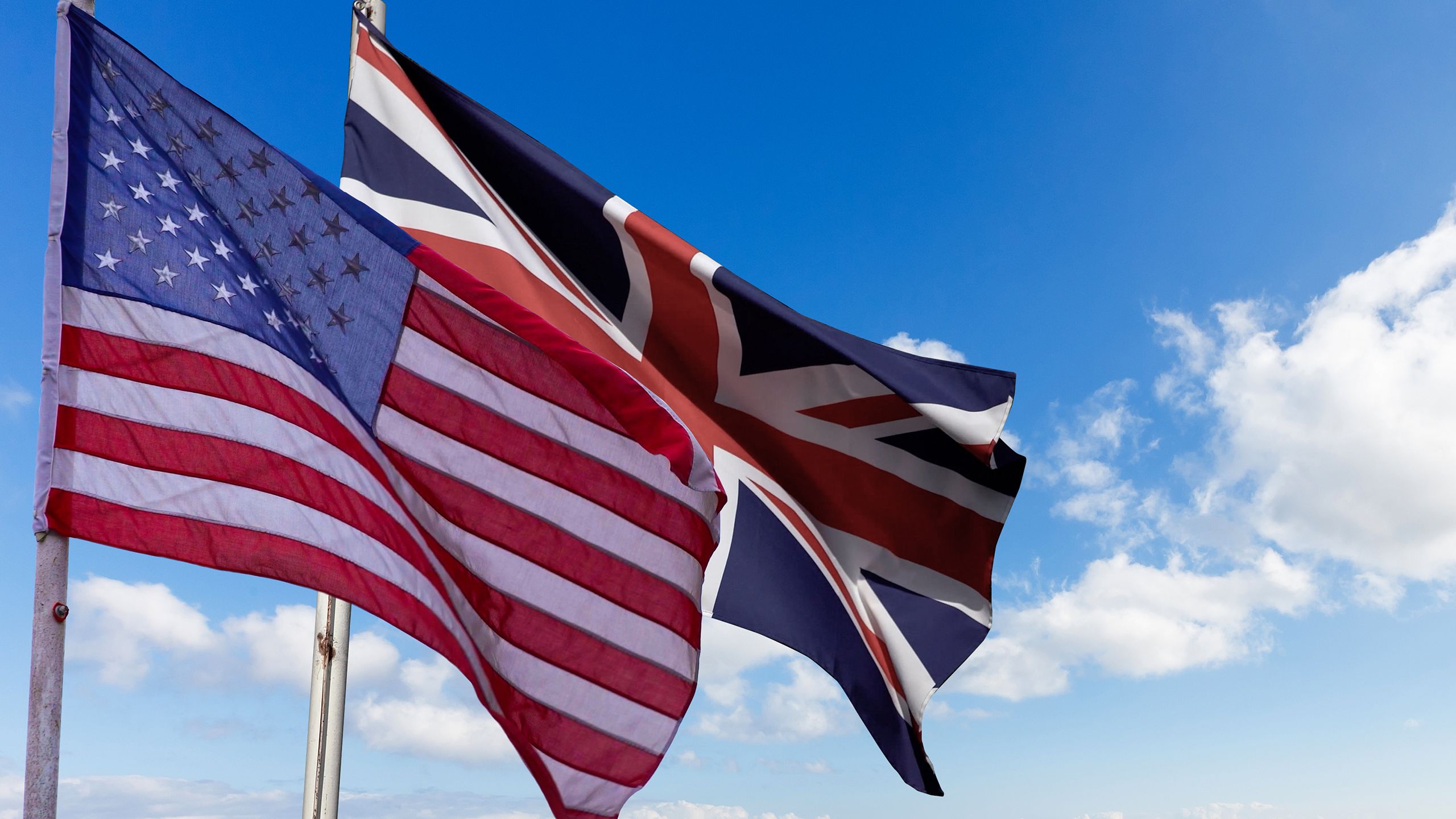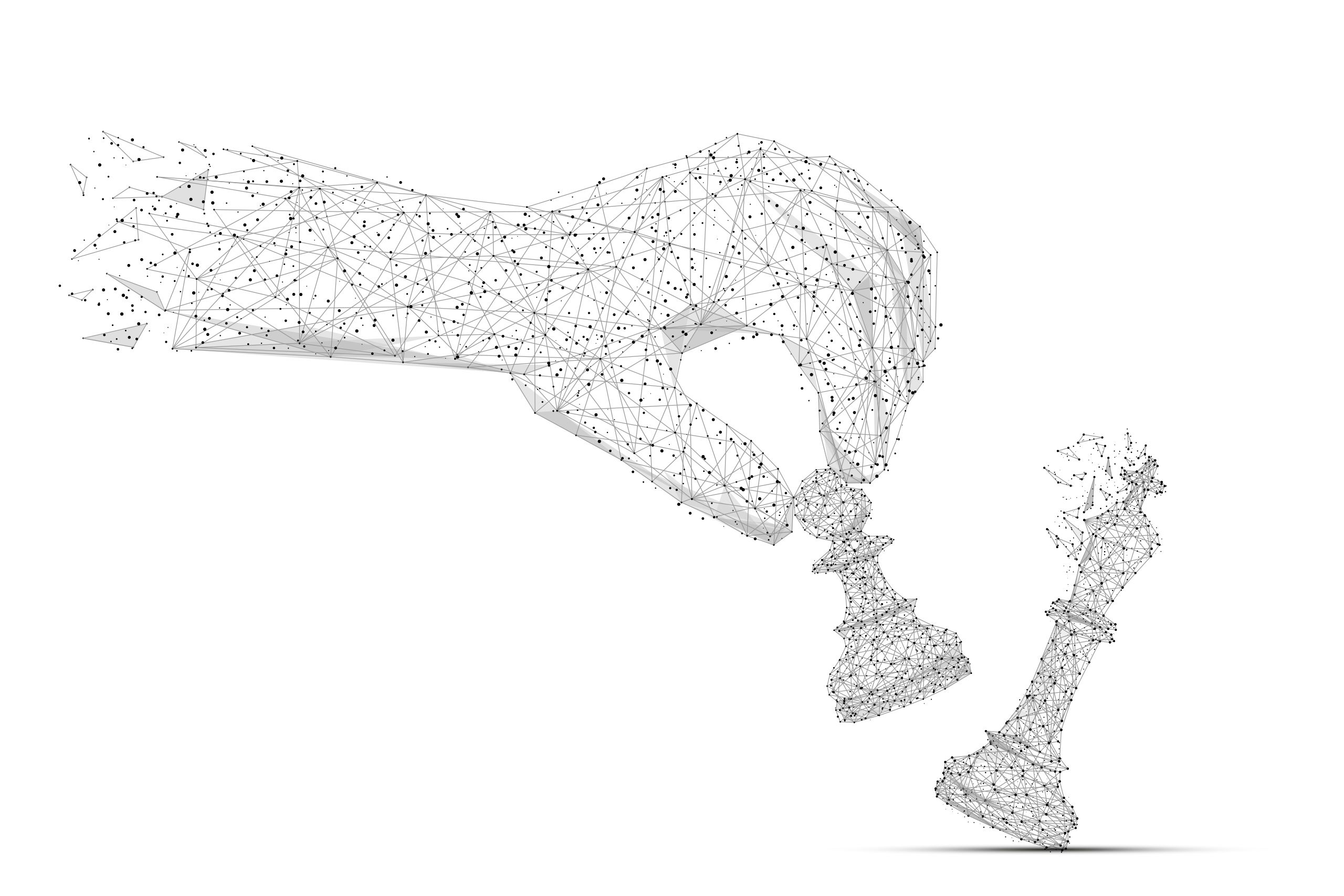UK response to Trump election
James Landale, diplomatic correspondent, BBC News, considers the incoming US administration and the implications for the Special Relationship and the rules-based international order

Deep in the subterranean archives of King Charles Street, officials at the Foreign Commonwealth and Development Office have been dusting off a file marked “Abe, Shinzo, Japanese Prime Minister, sometime Trump whisperer.” For the former Japanese leader, who was assassinated in 2022, was considered by many to be one of the few world leaders who worked out how to win favour with the newly elected US President in 2016. Mr Abe’s mixture of flattery, wisdom and gifts of golf buggies seemed to win the attention of the then inexperienced new leader of the free world. Eight years on, diplomats are going through the files to see if there is anything they can learn that could help get their political masters onside with Donald Trump 2.0.
The circumstances are, of course, different. Mr Trump will come to office with experience under his belt, four years of mistakes that he will be keen not to repeat. And world leaders will equally have learned from their own experience of Mr Trump’s transactional decision-making, his bilateral approach to international relations, the primacy he gives to personal relations ahead of policy and the sheer certainty of his unpredictability.
But for the UK, Mr Trump’s return to power in January may present the newish Labour government with challenges and opportunities that could define its time in office. Officials are keen to emphasise the effort the Foreign Secretary, David Lammy, has made in recent years to engage with Trump allies, especially the Vice President-elect, JD Vance. They have even claimed the fact Mr Trump offered Mr Lammy a second helping at a dinner in New York with the Prime Minister in September as evidence of the Foreign Secretary’s close relationship with the next President. Whether any of this will shape hard policy remains to be seen. For the challenges Messrs Starmer and Lammy will have to face may be formidable.
Take the economy. Mr Trump has threatened to impose 60 per cent tariffs on Chinese goods entering the United States, and up to 20 per cent tariffs on goods originating elsewhere. “Tariff is the most beautiful word in the dictionary,” he says. Optimists respond by saying: “take Trump seriously, but not literally”. They say these threats are just maximalist opening bids in a trade negotiation. Yes, Mr Trump may impose some tariffs, they argue, but they will be modest and targeted and will be used to try to gain better US access to foreign markets. Pessimists say the world is facing a trade war that could severely damage the global economy. The risk for the UK is that it gets caught in the crossfire as the US, the EU and China exchange tit for tat tariffs and export controls. For a government whose priority is economic growth, that would not be great news.
The risk for the UK is that it gets caught in the crossfire as the US, the
EU and China exchange tit for tat tariffs and export controls. For a government whose priority is economic growth, that would not be great news.
On China, Mr Trump is likely to take a more hawkish approach than his predecessor. European diplomats are expecting his administration will put more pressure on them to follow suit. In recent years, the UK and many countries in Europe have tried to adopt a more moderate approach towards Beijing, challenging its security threats and human rights abuses but also looking for ways to cooperate on trade and climate. Some US policy makers think this will no longer be tenable if Mr Trump tells the UK it must choose sides.
The other big issue worrying officials in the UK is European security. Mr Trump’s distaste for Europe’s record of free riding under America’s security blanket is well known. While he is not expected to withdraw formally from the Nato military alliance, he may well take some US forces out of Europe and redeploy them in the Pacific. He might at the same time push for the Nato target for defence spending to rise from two to three per cent of each member state’s national income. Labour is currently struggling to put a date for when it will meet its own target of 2.5 per cent. What would the Chancellor Rachel Reeves cut from the schools and health budgets to spend more on defence?
On the specific case of Ukraine, it seems likely Mr Trump will use the threat of reducing military support to push Kyiv into talks about some kind of political settlement, one that it and its European allies may find hard to swallow. Ukraine may have to cede territory; it may have to give up hope of joining Nato. The key unknown is what security guarantees – if any – Mr Trump would be prepared to give the surviving rump Ukraine. What then would a UK government do? Would the government increase its financial and military support for Kyiv in compensation? Would it be prepared to use seized Russian assets to do so, not just using the interest as currently?
As for the Middle East, the men and women Mr Trump has nominated to key foreign policy and security roles suggest he may give Benjamin Netanyahu a freer hand in how he prosecutes his war against Iran and its proxies. What if that meant Mr Trump allowed Israel’s prime minister to attack Iran’s nuclear plants and energy infrastructure? What would the UK do? Would it take part in the inevitable fall out of such an escalation, perhaps using British warplanes and military assets to help protect Israel from retaliation from Iran and Hezbollah?
Thus just some of the possible challenges that might arise from Trump 2.0. But as professional optimists, diplomats are looking for opportunities too. They hope Mr Trump’s arrival could be a catalyst for change. This could be especially true regarding Ukraine, if it ends a bloody war that is costing so many European lives. In Europe, there are some who hope the return of Mr Trump could finally get the continent to unite on issues that are currently sources of division. Could European nations agree to spend more on defence and cooperate more on making weapons? Could the EU agree radical economic reforms needed to boost desperately needed competitiveness? Could EU nations even agree a joint approach towards China? Some diplomats say this is too optimistic but even they agree that Mr Trump could be the wake-up call Europe needs.
As for the UK, some officials see benefits too. They hope Mr Trump’s election victory could put rocket boosters under attempts to reset UK-EU relations. Thus far warm words have yet to be entrenched with substantive discussions. Some have even begun asking if the UK could once again be something of a ‘bridge’ between the US and Europe. They argue that the UK is the one country that could put together an offer for the Americans on defence, promising to spend more and continue backing Ukraine, perhaps bringing with them members of the Joint Expeditionary Force, the UK-led northern European military partnership, plus other eastern European nations. The UK could then argue from a position of strength, making the case to Mr Trump that blanket economic tariffs would cripple European economies and make it harder for them to spend more on defence.
The question for Britain – as much as any country – is how much it will be prepared to adapt to the reality of a Trump-led United States while still protecting core national interests in areas of disagreement. Many countries have been unwilling to prepare for the return of Mr Trump. To mix my metaphors, they have taken their heads out of the sand and are now sitting frozen in the headlights coming at them fast in January. This is not what Mr Abe would have done.

